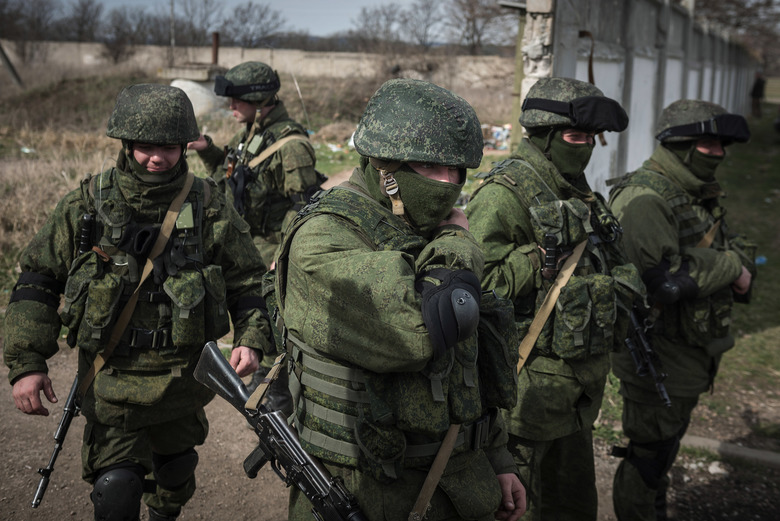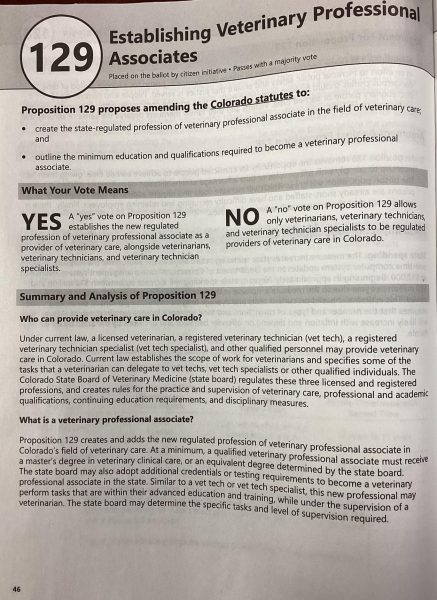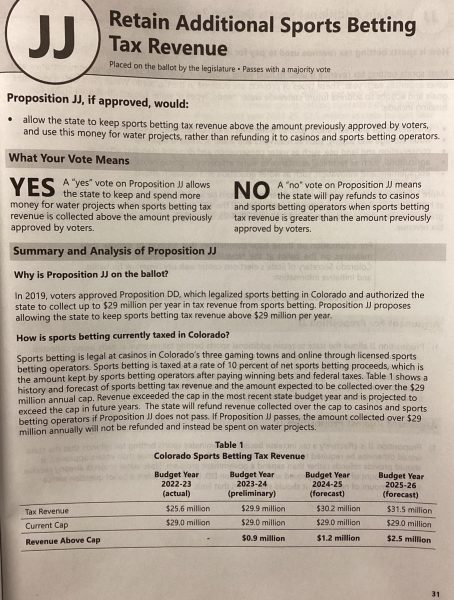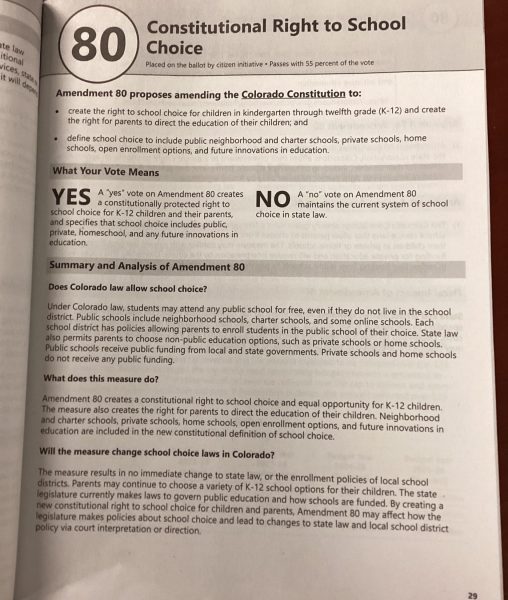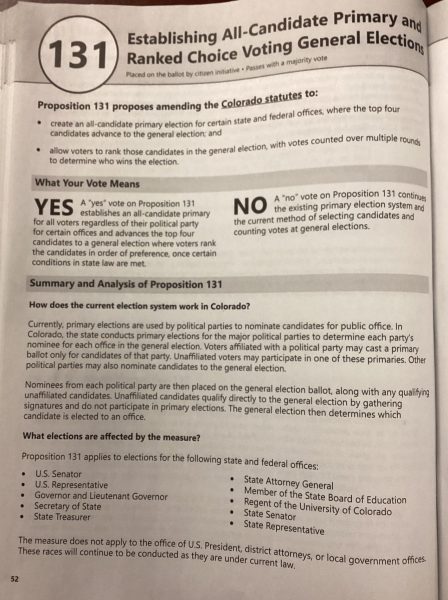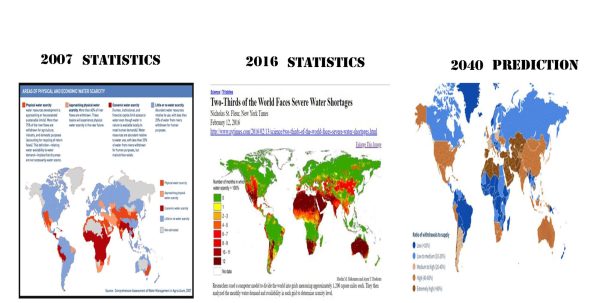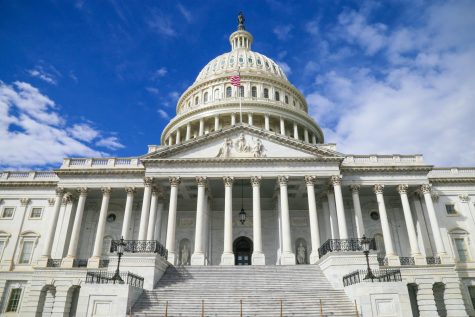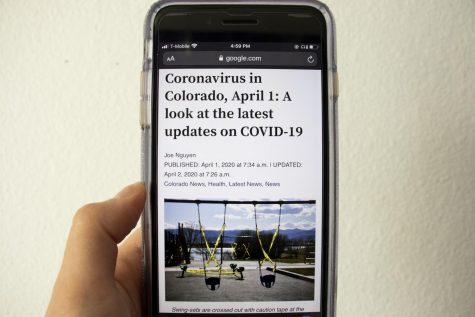Maskirovka and Russia’s Attack on Democracy
The conclusion of the various American intelligence agencies is that Russia intentionally attacked the democratic process of the US in 2016 while supporting Donald Trump.
But that is only the tip of the Russian iceberg.
The American operation was part of the larger Project Lakhta, a global initiative by Russia to infest divisive ideas into the political discussions in democratic countries.
Why did Russia do this? How does this benefit Russia?
The answers are buried in Russian political history. To give a sufficient context in Russian history, it begins with Ivan the Terrible, who used deception to divide and conquer his way through Siberia.
Jumping to WWII, Russian generals found that surprise was a deciding factor in successful operations. The KGB used this kind of deception to confuse NATO and keep their enemies off-balance enough to gain an advantage.
Today most Russian politicians and oligarchs came from the intelligence services of the former Soviet Union, with a long history of using deception for political or military gain drilled into each of them.
This kind of deception as doctrine, or policy, is called maskirovka.
Maj. Morgan Maier, in a military research paper about the subject, defined it by saying “Maskirovka’s central theme is the presentation of a believable falsehood to conceal the truth. Maskirovka seeks to create a false reality for the target audience.”
This definition comes from the use of maskirovka in a purely military form but works just as well when describing Russia’s creation and dispersal of fake news — the modern use of maskirovka has evolved to be much broader. The strategic level of maskirovka goes much deeper, delving into interests that can range from direct military action to covertly controlling public perceptions.
Julian Lindley-French, a Senior Fellow at Institute of Statecraft, gave a definition of maskirovka in a strategic sense by saying “Maskirovka is in fact war that is short of war, a purposeful strategy of deception that combines use of force with disinformation and destabilisation to create ambiguity in the minds of [NATO] Alliance leaders about how best to respond.”
Russia has used strategic maskirovka to great success since 2007. That year, Putin’s Munich Speech served as the catalyst for the renewed hostility between Russia and the West.
In 2008, Russia invaded Georgia, creating two new micro-nations under Russian occupation. Before the invasion, the troops were conducting a military exercise. The war lasted five days, so fast that no other nation could assist Georgia.
The goal of the war was both in Georgia and in Ukraine, which were both seeking possible NATO membership. Russia’s plan was that the war in Georgia would put enough doubt onto NATO leadership about admitting countries that were critical to Russia’s sphere of influence. It was a show of force to make NATO back down.
Russia succeeded when NATO denied both nations membership application in 2008.
This was mirrored in Russia’s intervention in Ukraine in 2014. During the pinnacle of the civil war in Ukraine, Russia had 40,000 soldiers participating in ‘exercises‘ on the Ukrainian border for nearly 3 years.
The use of military force under false pretenses has been the hallmark of Russia’s aggressive posture.
James Q. Roberts put it best by saying, “New maskirovka is designed to permit Russia to reestablish (by force when necessary) its sphere of influence in the near abroad.”
Strategic maskirovka, in international strategy, has been utilized to keep the US and its allies confused around Russia’s motivations and goals, limiting their ability to counter Russia’s aggressive enterprises.
“Project Lakhta,” according to the Mueller Investigations Indictment, “had multiple components, some involving domestic audiences within the Russian Federation and others targeting foreign audiences in various countries, including the United States.”
This can be seen internationally with the French presidential election and the Brexit vote.
The French presidential election was influenced by the Russian government, giving 11 million Euros in loans to France’s far-right National Front, going so far to have Putin meet with their candidate Marine Le Pen.
In England, the subject of Brexit is still hotly debated, but evidence of Russia’s meddling in the volatile political decision has emerged. During the run-up to the Brexit referendum, the English language arm of RT reported with a strong ‘Leave’ bias.
More evidence for Russia testing the interference campaigns in Eastern European countries is coming to light; primarily in Poland and the Czech Republic.
The Russian government spent the equivalent of $1.25 million on this project to interfere in democracies around the world for years.
The “Russian domestic audiences” referred to in the indictment is the internal propaganda machine in Russia. the goal is to create resentment for LGBTQ and the ‘west’ while simultaneously suppressing ultranationalist groups within Russia.
This same Russian propaganda is spread throughout Europe. RT, Russia’s state-owned multi-media station, is the largest Russian language media source, meaning the Russian government controls the narrative about Russian activities.
Russia uses that control of narratives to either drown out truthful claims from western media outlets to muddy the waters on a topic or create false realities to convince Russians that the aggressive actions of Russia are justified.
Strategic maskirovka, in political culture, has been used to further divide the political groups of many democratic countries.
To this effect, Russia has succeeded in the US by casting doubt onto the American President’s legitimacy. Whether or not the collusion with the Trump Campaign is true, Russia has used it as a way to keep America focused on their domestic issues and overlook other Russian activities elsewhere in the world.
The reason the Russian government supported trump was not as simple as ‘they hated Hillary Clinton’ or ‘because Trump would go easy on Russia’. Russia’s true motivation was that Trump ran on a platform of disruption of the international norms.
Trump’s proposed disruptions would not have to be implemented to help Russia, just the backlash from the major change would be enough to lessen the pressure on Russia. Russia does not have to work with Trump to succeed, but Trump’s actions and incompetence give Russia breathing room to fulfill their long-term goals.

Though it’s my first year at ACC, it’s my fourth year in college. I started at Xavier University in their engineering program. I have enjoyed politics since I was a kid and stayed up to watch the Colbert Report. I was involved...



